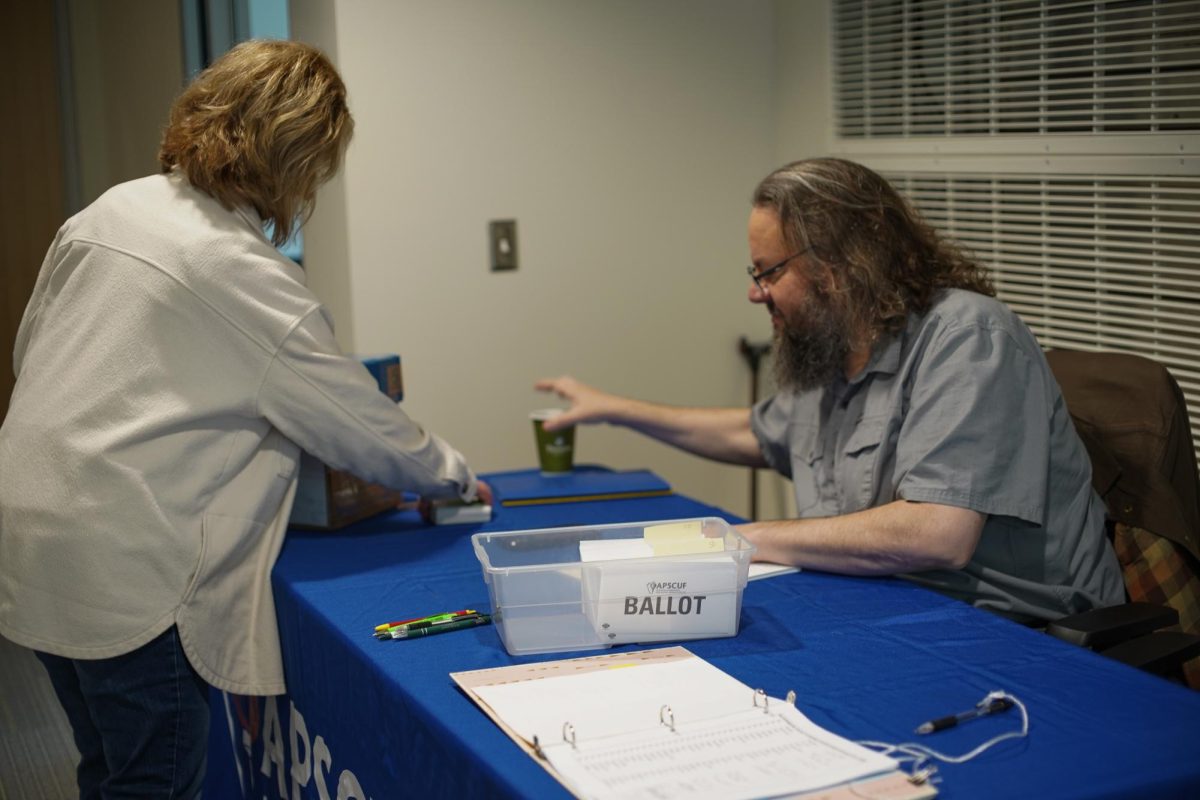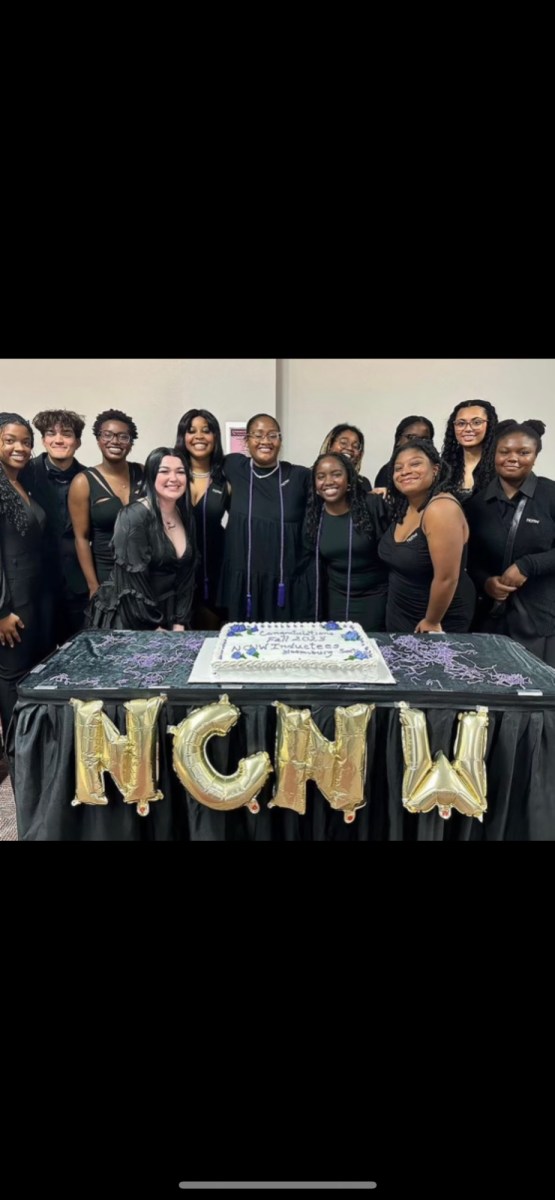Everyone loves a day off from work or school, so federal holidays are a godsend for everyone who doesn’t want to be in the office or the classroom. Some of these holidays, like Christmas, are based around a major religion, so while they might not be fair to all religions, the extra day off is nice.
Most other federal holidays are based around some historical figure or event that played an extremely important role in American history. For example, the Fourth of July is a traditional celebration of America breaking away from England. Martin Luther King Jr.’s birthday celebrates the most significant face of the Civil Rights movement, arguably.
But Columbus Day, which is a celebration of the annihilation of indigenous populations in the Americas and the failure to achieve one’s goals is celebrated, even if that isn’t what people are taught in schools.
Columbus Day is traditionally treated as a day to celebrate the discovery of America by an intrepid sailor named Christopher Columbus, who sailed under the Spanish crown in 1492 and kickstarted the process of the United States coming to be.
While today Columbus is celebrated as a symbol of American history and the beginnings of our separation from Europe, the real history behind his legend has thus far been ignored in most history classes.
Columbus never discovered what would become the U.S. In fact, he never stepped foot on mainland America in any of his voyages to the New World, and he mostly sailed in and around the Caribbean. The first Europeans to discover North America were the Vikings, who landed in what would become Canada in the 1000s.
Columbus also wasn’t Spanish. He was Italian, hailing from the city-state of Genoa, but he couldn’t get funding for his voyages there. The promise of a potential spice trade route with Asia got him funding from Spain. Above all however, Columbus didn’t “discover” anything.
Europeans knew the Earth wasn’t flat by the time of Columbus, but what they didn’t know was that large land masses were west of Europe. Columbus believed he had arrived somewhere in East Asia when he met the natives living in Hispaniola, and so he dubbed them “Indians.”
He then embarked on a campaign of genocidal economics, spearheading the transatlantic slave trade as the native populations succumbed to the gruesome torture of their new Spanish overlords.
These natives, most of whom were Tainos, faced rape, torture, enslavement, murder, forced conversion and a myriad of other horrible experiences which resulted in their eventual extinction. Most people today don’t even recognize the name of these natives.
These actions were documented by Columbus and his crew, and those who can stomach thoughts of small infants being fed to hunting dogs or young girls being gang-raped to death can read these documents to this day.
Columbus was eventually driven into disgrace, lost the governorship of Hispaniola and died still believing his failure had been success. So, how has he been revered as some sort of hero? To the victors go the history.
At the end of the 18th century, a budding America wanted symbols to create their own historical identity that made them unique from Europe. By the 1820s, Columbus gained widespread popularity thanks to Washington Irving’s poem about his voyage, which conveniently ignored the historical facts of his actual voyage.
A massive influx of Italian immigrants over the course of the 19th century resulted in the new Americans grasping for a symbol of their heritage in the American narrative, and in 1937, the Catholic fraternity known as The Knights of Columbus lobbied with FDR to have the day declared a federal holiday, despite the true history of Columbus’s voyage.
In 2017, this holiday has been included in the debate over America’s history of oppressing and exploiting natives and people of color. Statues dedicated to Columbus are being reviewed for potential demolition across the nation.
In many cities and on many college campuses, including major cities like L.A., Columbus Day is being replaced with Indigenous People’s Day to celebrate the diverse native cultures of North America.
Still, conservative commentators see this as an attack on “Western culture and history” by predominantly leftists and millennials. It isn’t an attack or a culture war. It’s a righting of some of the wrongs that for too long have been glorified as being good, honest history.
Glorifying Columbus as a champion of America is, in some regards, comparable to glorifying the holocaust as an act that would have heralded a greater German identity or the murderous rampage of Pol Pot in Cambodia as being a sign of progress.
Perhaps some good came of these terrible things: blacking out the atrocities in favor of the small successes does no justice to those who suffered and continue to suffer to this day for the actions of a few infamous names.
In the grand scheme of things, Americans owe far more of their present-day culture to the native peoples of North America than they do to Columbus. He never stepped foot on American soil, was by no means the first European to come close to the land mass and the only thing he did was irreversibly altered the course of the Americas by introducing imperialism and colonialism into lands already steeped in rich culture and civilization.
In an era of fake news and alternative facts, clinging to falsehoods to hide a brutal past is anything but great.
Arianna is a senior Russian and History major. She is Editor in Chief for The Voice
























